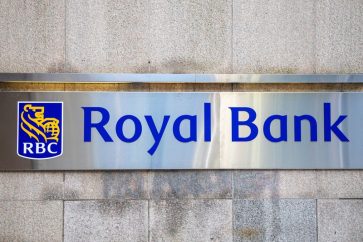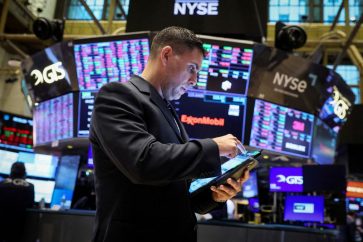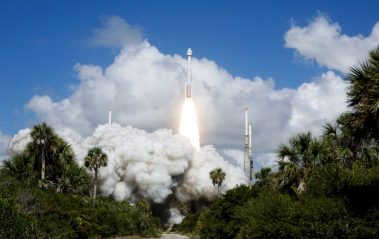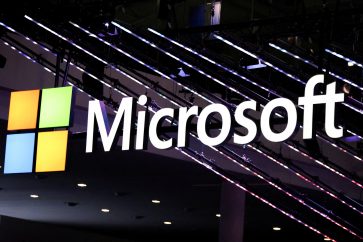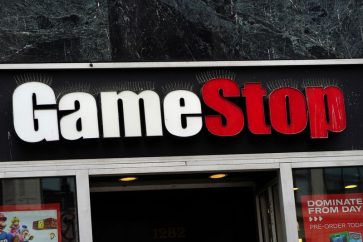According to a representative of Tesla Inc., one of the first companies to announce a strategy change due to the Inflation Reduction Act tax incentives, the company has started assembling batteries in Germany but will concentrate cell production in the U.S.
According to a Tesla (NASDAQ:TSLA) spokeswoman, the American electric vehicle manufacturer is also getting ready to build cell components like electrodes, some of which will be shipped from its site in Gruenheide, in the state of Brandenburg, to the United States.
The representative claimed that in the “near future,” batteries built locally would be used in cars made at the Brandenburg site.
According to the framework established by the United States Inflation Reduction Act (IRA), the company noted that the focus of Tesla’s cell production is currently in the United States.
Leaders of the EU have expressed concern that local content criteria for a large portion of the $369 billion in IRA subsidies may encourage businesses to move from Europe to the US.
Stellantis, a competitor of Tesla, stated on Wednesday that the IRA was not significantly affecting strategy, while earlier this month, industrial gases company Air Liquide (OTC:AIQUY) made a commitment to seize a historic chance to invest in renewable energy made possible by the IRA but did not provide any further information.
The largest cement manufacturer in the world, Holcim (SIX:HOLN) AG, anticipates that the IRA will significantly boost its business in North America. Linde (NYSE:LIN) has calculated that the company’s total investment opportunity in the United States alone could exceed $30 billion over the next ten years.
The European Commission has suggested relaxing regulations on state aid for investments in renewable energy, decarbonizing industries, hydrogen, or zero-emission vehicles, but Germany’s finance minister has cautioned Europe not to respond to the U.S. act with excessive subsidies.
In November 2021, Tesla withdrew its request for more than 1 billion euros in German state assistance for the battery facility, and Elon Musk, the company’s CEO, tweeted at the time that “all subsidies should be terminated.”
However, the carmaker still has an open application for regional funding from the Brandenburg government.
The German economy ministry’s spokesperson stated on Wednesday that they were “working on articulating the reasons” for Tesla’s choice. According to Brandenburg’s economy minister, the course adjustment will not have an influence on the number of jobs available at the German location.
Musk predicted that the German 50 GWh battery factory will achieve volume production by the end of 2023, however the plant and the car manufacturing site have achieved their goals later than expected.
Tesla has struggled to ramp up battery cell production in Fremont, California, and Austin, Texas, which experts have attributed to new and unproven techniques the company is having trouble scaling up.
Tesla declared in late January that it will spend more than $3.6 billion to add two new plants to its Nevada gigafactory complex, one of which would build in large quantities the company’s long-delayed Semi electric truck and the other would produce its brand-new 4680 battery cell.



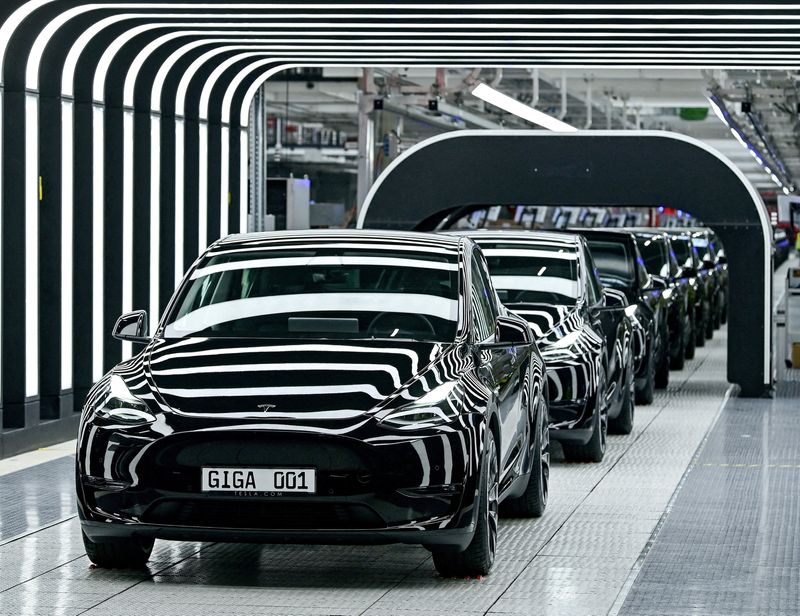
 By:
By:
